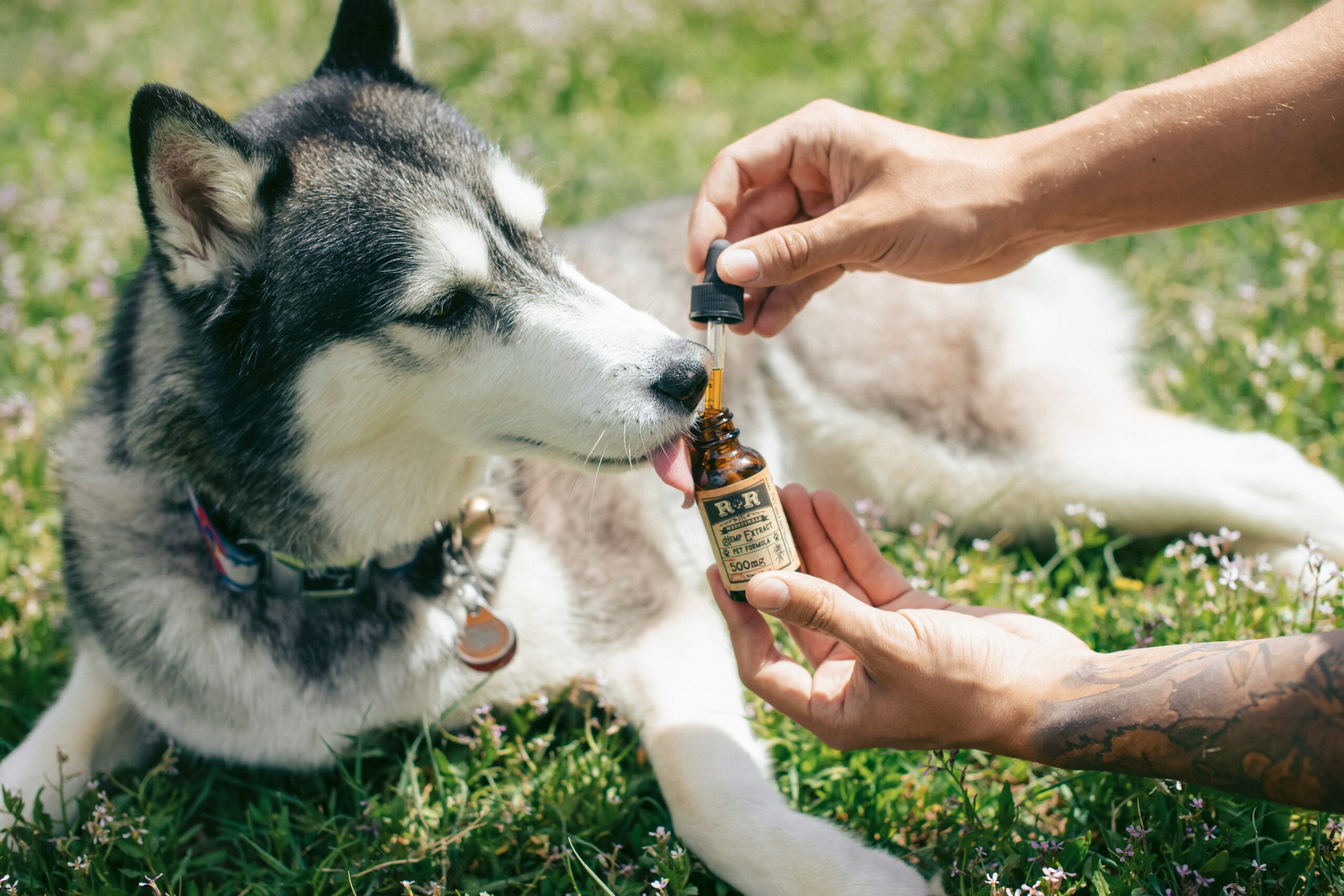A Guide to Safe Medications for Dogs: Your Canine Companion
A Guide to Safe Medications for Dogs: Your Canine Companion
A guide to safe medications for dogs: ensuring the well-being of your canine companion. This article ensures a guide to safe medications for dogs. It discusses the risks of using human medications, common types of safe medications for dogs, guidelines for administering medications, and the availability of FDA-approved animal drugs.
Importance of Safe Medications for Dogs
The importance of safe medications for dogs cannot be overstated. Human medications can have harmful effects on dogs due to variations in drug tolerance and metabolism [5]. For instance, ibuprofen, commonly found in many households, can cause stomach ulcers and kidney failure in dogs. Emphasizing the necessity of using medications specifically formulated for canine physiology. Prioritizing safe medications for dogs is vital to prevent adverse reactions that could lead to severe health issues or even death.
The safety of medications for dogs should always be a top priority for pet owners. For example, acetaminophen, when ingested by dogs, can result in liver damage. This highlights the critical need to consult veterinarians and use medications approved for canine use. By being vigilant about the medications administered to dogs, pet owners can avoid unnecessary risks and potential health complications.
Common Types of Safe Medications for Dogs
When it comes to treating bacterial infections in dogs, there are common types of safe medications. Veterinarians often prescribe antibiotics like amoxicillin and cephalexin. These medications are effective in combating various bacterial strains that can cause infections in dogs, ensuring a speedy recovery and preventing the spread of the infection. Amoxicillin is commonly used to treat skin infections, urinary tract infections, and respiratory infections in dogs. While cephalexin is effective against skin and soft tissue infections.
In the case of minor cuts and wounds, topical medications play a crucial role in preventing infections and promoting healing. Neosporin, a common over-the-counter antibiotic ointment, can be safely applied to minor cuts and wounds in dogs to keep the area clean and free from bacteria, helping the skin heal without complications. Neosporin can provide a protective barrier against external contaminants. This reduces the risk of secondary infections and ensuring proper wound healing in dogs. Regular application of Neosporin can help alleviate any discomfort or itching associated with the healing process, making it a valuable tool in the canine first aid kit.
When it comes to preventing heartworms and other parasites in dogs, anti-parasitic medications like Heartgard and Revolution are highly recommended by veterinarians. These medications not only protect dogs from potentially fatal heartworm infections, but also target and eliminate other common parasites such as fleas, ticks, and intestinal worms.
Risks of Human Medications for Dogs
When considering giving human medications to dogs, it’s crucial to be aware of the potential risks involved. For example, acetaminophen, commonly found in many households, can have devastating effects on dogs, leading to liver damage if ingested. Similarly, ibuprofen, a popular over-the-counter pain reliever for humans, poses a significant risk to dogs as it can result in stomach ulcers and even kidney failure when consumed. These examples highlight the importance of understanding the dangers associated with human medications when administered to dogs, emphasizing the need for caution and veterinary guidance.
Moreover, xylitol, an artificial sweetener present in various human medications, can be particularly hazardous to dogs. This substance, toxic to canine companions, can induce hypoglycemia and liver failure, underscoring the importance of scrutinizing product labels and ingredients before giving any medication to dogs. Additionally, opioids, potent pain relievers that should only be administered under veterinary supervision, can have severe side effects on dogs, including respiratory depression and gastrointestinal disturbances if not used appropriately. These instances further emphasize the critical need for pet owners to exercise vigilance and consult with professionals to ensure the safety and well-being of their furry friends when it comes to medication administration.
Guidelines for Administering Medications to Dogs
Administering medications to dogs requires strict adherence to the prescribed dosage and administration instructions. This ensures their safety and effectiveness. For instance, when giving pain relief medications like gabapentin or tramadol, it is crucial to follow the veterinarian’s guidance meticulously. Preventing any potential side effects and adverse reactions. Moreover, maintaining a consistent schedule for administering medications is vital. This helps to achieve the desired therapeutic outcomes and manage the dog’s condition effectively.
In addition to following dosing instructions, pet owners should be vigilant about storing medications securely. Storing medications in a cool, dry place away from direct sunlight preserves their efficacy and also prevents accidental ingestion. Educating oneself on the common signs of adverse reactions to medications in dogs, such as diarrhea, vomiting, or changes in behavior, can help pet owners identify and address any issues promptly. This ensures their dog’s well-being. If any concerning symptoms manifest, immediate veterinary consultation is imperative. Helping to prevent further complications and provide appropriate medical intervention.
FDA-Approved Animal Drugs for Dogs
The FDA’s Green Book is a valuable resource that lists approved animal drugs. This guarantees pet owners access to safe and effective medications for their canine companions. This comprehensive guide not only plays a crucial role in ensuring the well-being of dogs but also aids veterinarians in making informed decisions. Medications like carprofen, a nonsteroidal anti-inflammatory drug (NSAID), are commonly found in the Green Book. They are prescribed by veterinarians to alleviate pain and inflammation in dogs suffering from conditions like arthritis.
Moreover, the availability of generic animal drugs listed in the Green Book offers pet owners more affordable options. Generic versions of heartworm preventatives like Heartgard may contain the same active ingredients as their brand-name counterparts but at a lower cost. Thus, making preventive care more accessible for a larger number of dog owners. This accessibility to cost-effective alternatives not only benefits pet owners financially but also ensures that dogs receive the necessary treatments without compromising on quality or safety. The detailed categorization of medications based on trade names, application numbers, and active ingredients in the Green Book simplifies the process for veterinarians to select the most suitable drugs for their patients. Streamlining the prescription process and ultimately enhancing the quality of care provided to dogs in need.
 Ensuring Safe Medications for Dogs
Ensuring Safe Medications for Dogs
Regular veterinary check-ups and consultations are essential. A routine check-up may reveal that a dog with arthritis requires a pain relief medication like Gabapentin. Which can help alleviate discomfort and improve the dog’s quality of life. These check-ups also provide an opportunity for veterinarians to monitor any side effects or adverse reactions to the medications. They can make necessary adjustments to the treatment plan.
Proper storage of medications is equally crucial in maintaining their efficacy and safety for dogs. Storing heartworm preventatives like Heartgard in a secure place can prevent accidental ingestion by pets, reducing the risk of toxicity. Additionally, keeping medications in their original packaging with clearly labeled instructions can help pet owners administer the correct dosage. This helps prevent confusion that may lead to medication errors. Following these storage practices, pet owners can ensure that the medications retain their potency and are safe for their dogs to use when needed.
Furthermore, Off Leash K9 Training 30a educates pet owners about the importance of medication safety. Informing dog owners about the risks associated with human medications like NSAIDs can help them avoid the potential dangers. By raising awareness about the differences in drug tolerances between humans and dogs, pet owners can make informed decisions about administering medications and seek professional advice when needed.




 Ensuring Safe Medications for Dogs
Ensuring Safe Medications for Dogs




